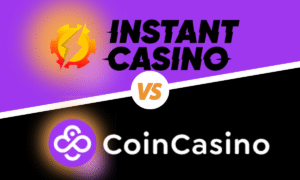Even as other industries are swept up in waves of disruption unleashed by technology, the energy industry has been slow to embrace change. But the introduction of blockchain promises to speed things up and radically transform the industry’s processes and markets. As of this writing, there are two prominent use cases for blockchain in the energy industry.
The first one is in enabling a peer-to-peer energy trading model. The proliferation of Distributed Energy Grids (DERs) or independent renewable energy sources (such as solar panels) that connect to the grid has helped convert energy consumers into producers who are able to sell excess power back to the grid. (See also: The Current State of the Solar Industry).
However, that process retains the existing dynamic of the electricity markets, centralizing the task of buying and selling energy under the control of the utilities. Bitcoin’s decentralized network could disrupt that paradigm and enable customers to sell excess power to each other within a given area. Several startups and utilities around the world have already developed pilots or are considering projects to test this possibility. For example, Brooklyn Microgrid is developing an app that enables energy trading between consumers in a neighborhood within the borough. Similarly, Grid Singularity, a European startup, is focusing on the exchange of granular and private data between different parties within the energy market.
Another common use case for blockchain within the energy industry is development of cryptocurrencies for monetary payments. Several utilities have already begun pilot projects to enable such transactions. For example, Marubeni Corporation (MARUY) accepts cryptocurrency payments in some regions of Japan. In certain scenarios, the utility of blockchains goes beyond payments. For example, Bankymoon, a South Africa-based blockchain startup, partnered with Usizo to enable cryptocurrency monetary payments for bitcoin-compatible smart meters located in remote areas.
But this is just the start. Blockchain could lead to further changes within the energy ecosystem. For example, a distributed ledger with several energy consumers and producers could lead to multiple rates within markets instead of the single utility-set rate that is currently prevalent. (See also: How Blockchain Is Changing Real Estate.)






More Stories
SafeMoon Space – THE NEXT BIG DeFi. Last Chance To Buy/Reserve SMSP Token
The “Whirlwind” NFT Game And Dragon Pool Is The Highlight Of The Ecosystem Blockchain – Gaming
FRET: Future Real Estate Token That You Shouldn’t Miss Out On